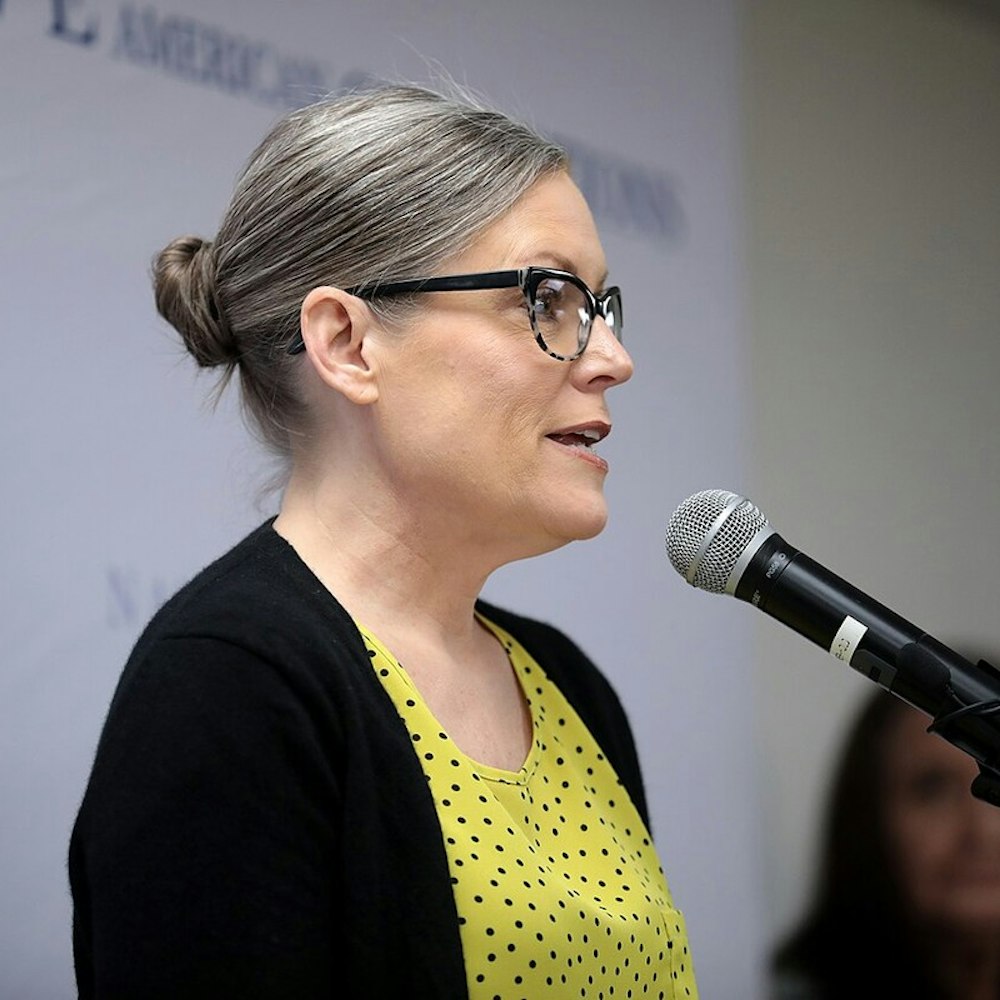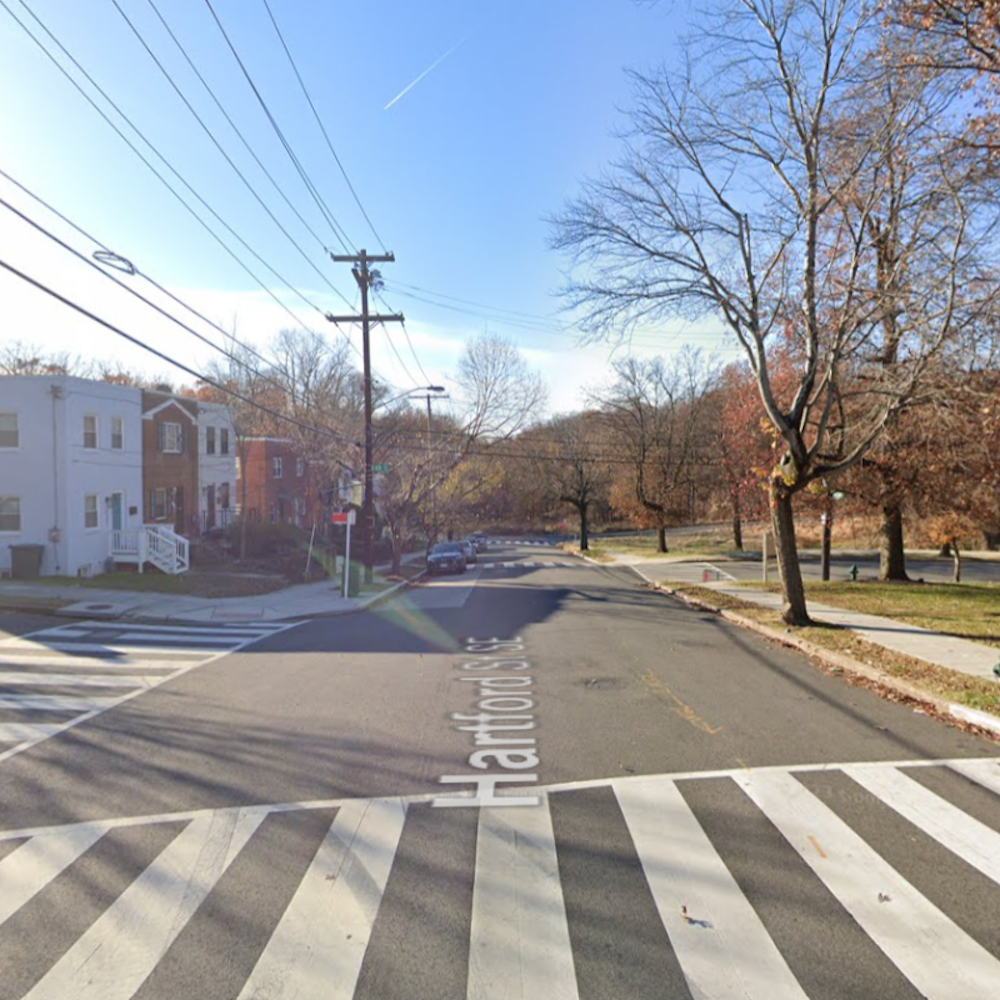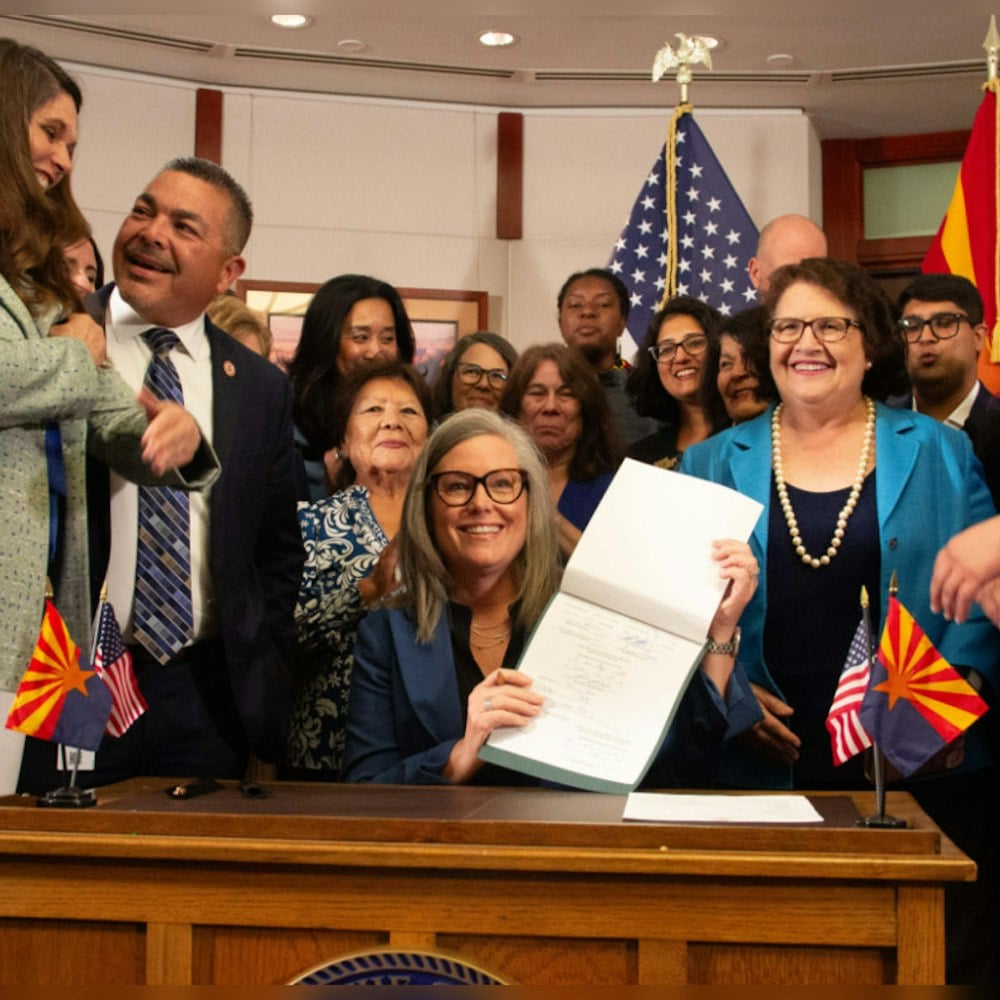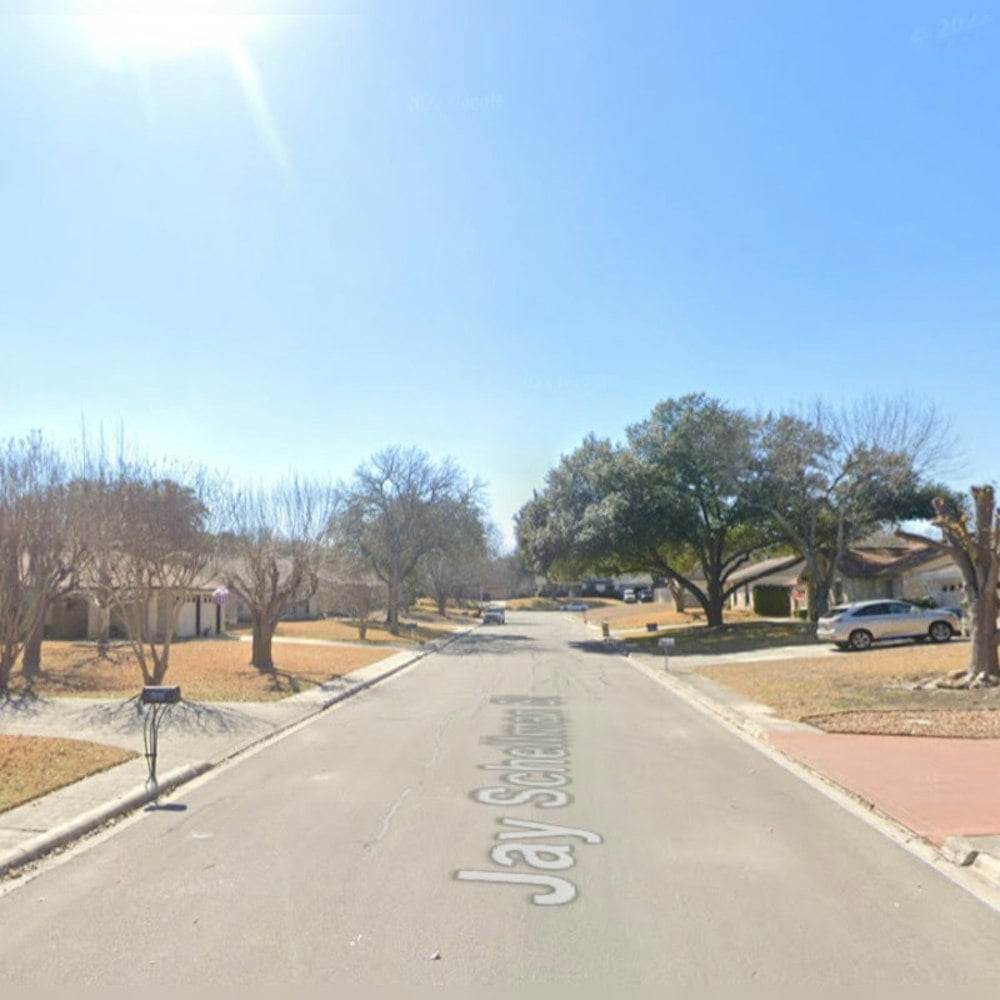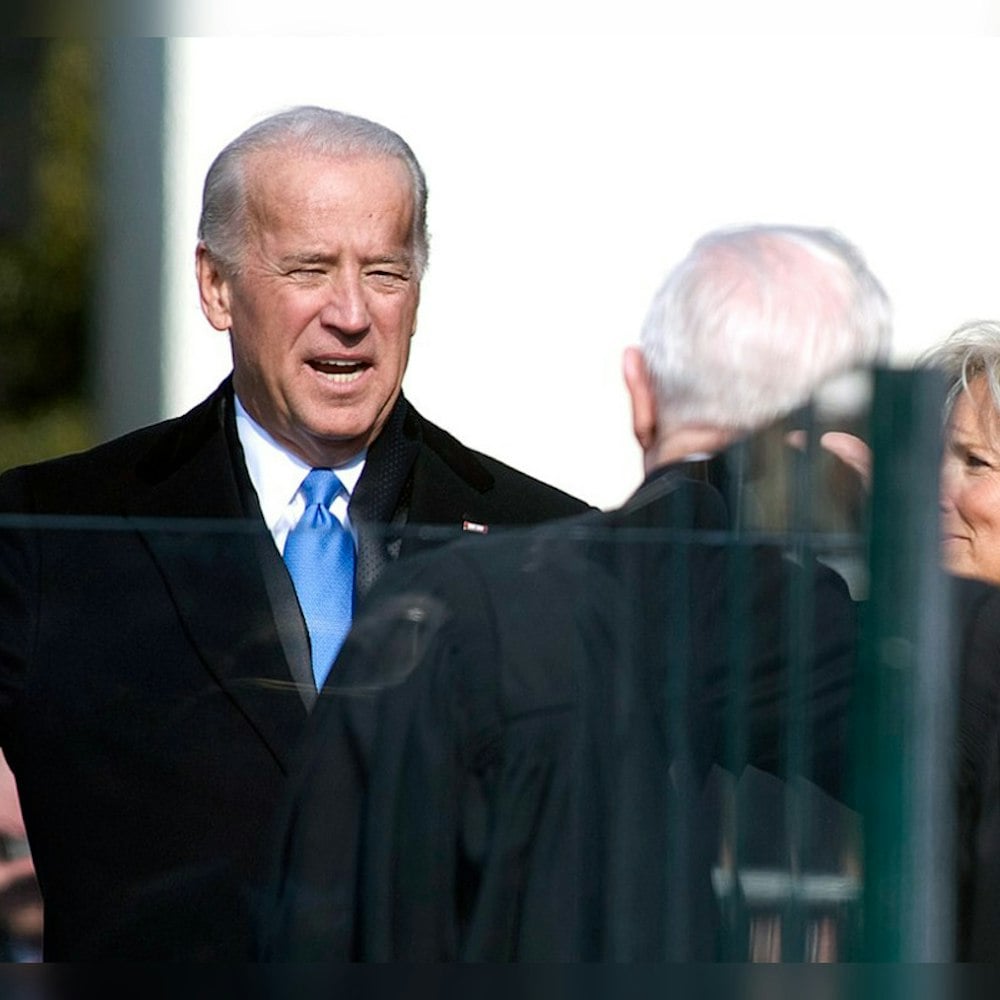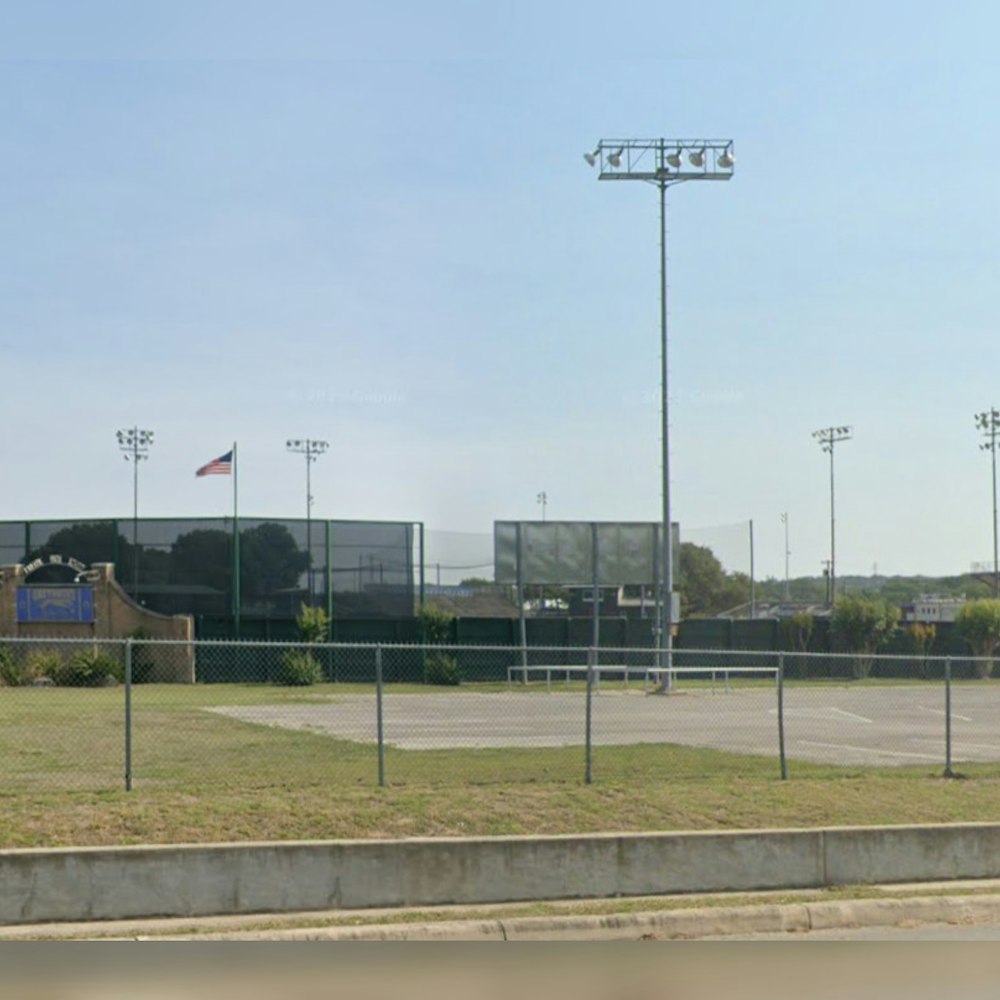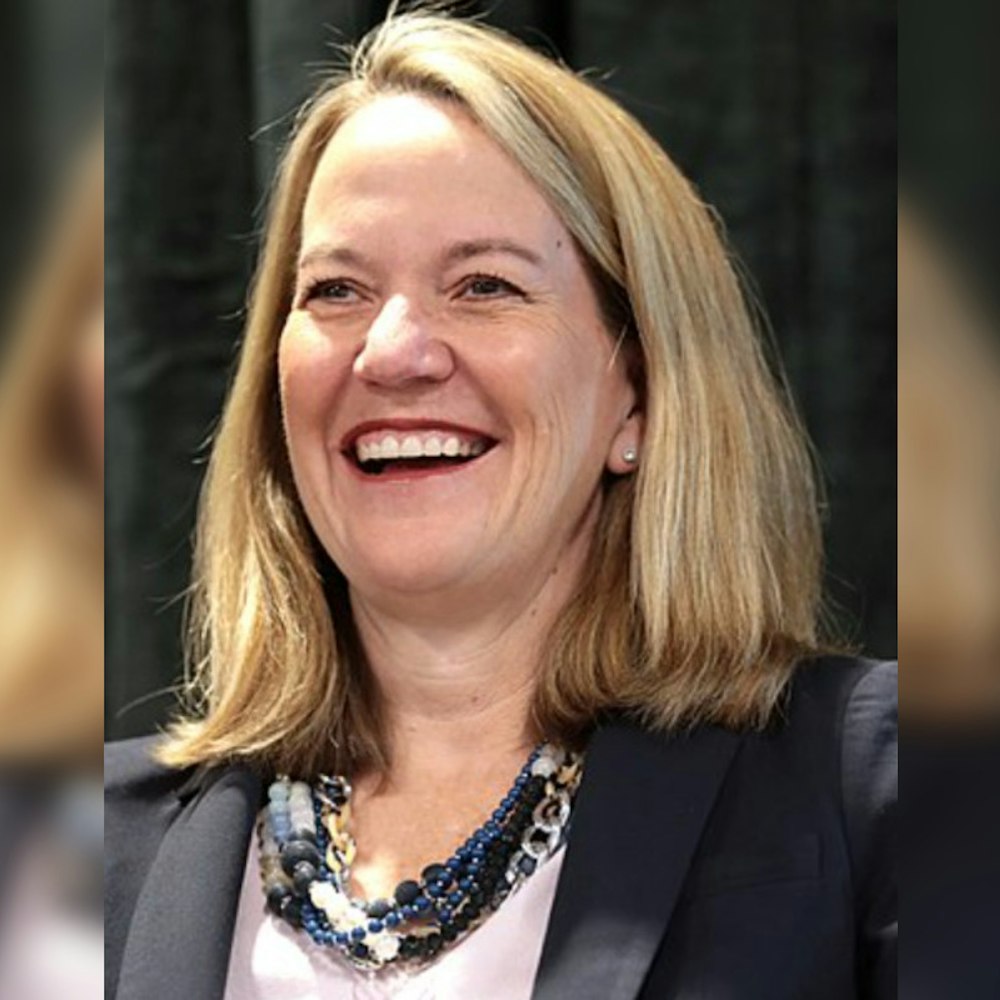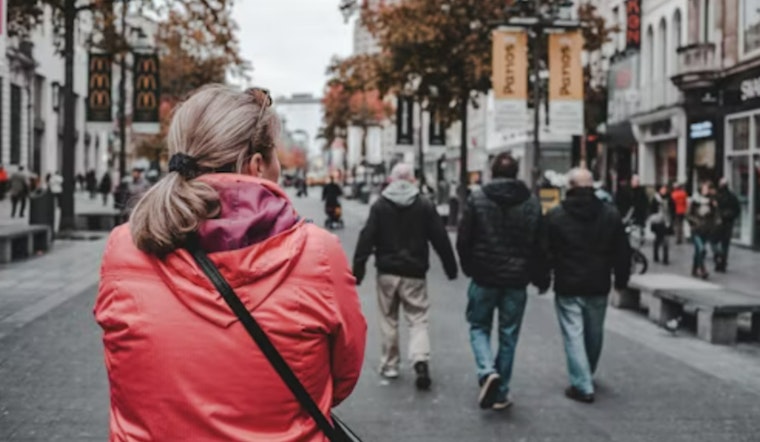
Seattle's social chill might rival its weather, it appears. A recent survey has thrown some cold light on the city's supposed "Seattle Freeze," suggesting that the city's residents might indeed prefer their own company over others. The Seattle Times reports a significant 42% of adults in the Seattle area convene with friends or relatives less than once a week. According to the crow, that translates to about 1.3 million people choosing solitude over socializing in the Seattle metro area.
While the city's residents might be keeping to themselves, there has been a marked downturn in criminal offenses. A report from MoneyGeek has detailed a disturbing increase in the cost of crime per capita in Seattle at $2,394 in 2022, a jump of 37% from the previous year. However, Puget Sound Business Journal notes that both violent and property crime rates in the city have declined since then, with the Seattle Police Department recording 4,558 fewer criminal offenses in 2023 compared to the 2022 figures.
MoneyGeek's report, which drew upon FBI crime data and academic columns, revealed that the national cost of crime per capita was $2,221, placing Seattle uncomfortably above the average. The report has influenced Seattle's standing in national safety rankings, where despite the slowdown in crime, the Emerald City has slipped in position.
The interplay between Seattle's residents choosing isolation and their city's struggle with crime costs more than money; it affects the very fabric of community and trust. It might be implied, then, that the social coldness and the former spike in crime both speak to a deeper societal issue, one that faces many an American metropolis but felt keenly in the heart of the Pacific Northwest. As these trends emerge and recede, the nation watches as Seattle navigates these icy social and civic waters.
